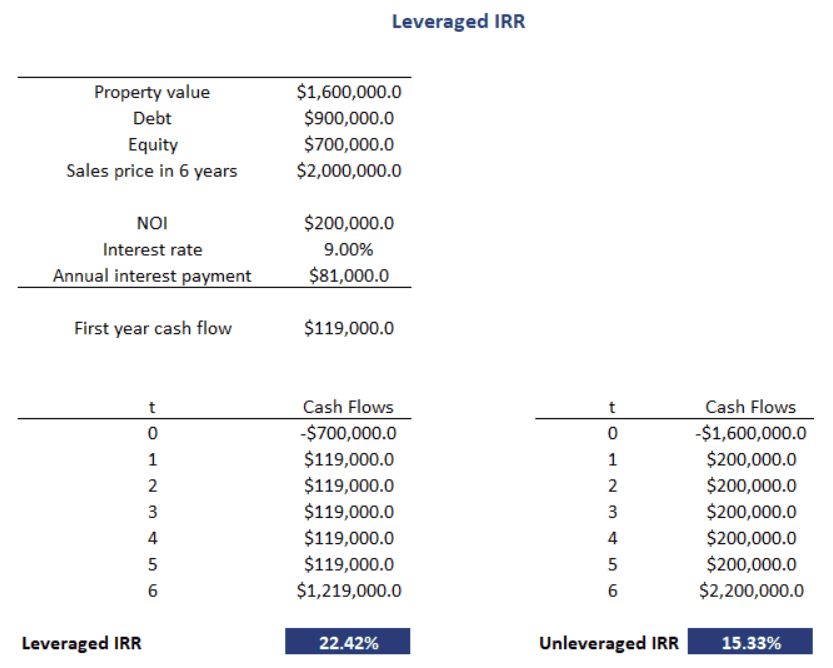Table of ContentsWhat Is Derivative Instruments In Finance Things To Know Before You Get ThisThe Definitive Guide to What Is Considered A Derivative Work FinanceThe 8-Minute Rule for What Determines A Derivative FinanceHow What Is A Derivative In Finance Examples can Save You Time, Stress, and Money.
However, if a stock's cost is above the strike rate at expiration, the put will be worthless and the sellerthe option writergets to keep the premium as Click here for more info the alternative ends. If the stock's price is listed below the strike price at expiration, the call will be useless and the call seller will keep the premium.
These are known as American-style options, however their use and early workout are rare. As the above examples highlight, derivatives can be an useful tool for businesses and financiers alike. They offer a way to secure prices, hedge against unfavorable movements in rates, and mitigate risksoften for a limited cost.
On the downside, derivatives are tough to worth because they are based on the price of another possession. The risks for OTC derivatives consist of counter-party dangers that are challenging to forecast or value as well. what are derivative instruments in finance. A lot of derivatives are also delicate to modifications in the quantity of time to expiration, the cost of holding the hidden asset, and interest rates.
Pros Lock in costs Hedge versus risk Can be leveraged Diversify portfolio Cons Tough to worth Topic to counterparty default (if OTC) Complex to comprehend Conscious supply and require elements Also, given that the acquired itself has no intrinsic valueits worth comes just from the underlying assetit is susceptible to market belief and market threat - what is a derivative finance baby terms.
Lastly, derivatives are normally leveraged instruments, and using take advantage of cuts both ways. While it can increase the rate of return it likewise makes losses install quicker. Lots of acquired instruments are leveraged. That implies a percentage of capital is required to have an interest in a large amount of worth in the hidden asset.
Financial instrument In financing, a derivative is an agreement that derives its value from the efficiency of an underlying entity. https://telegra.ph/fascination-about-how-does-google-finance-make-money-10-13 This underlying entity can be an property, index, or rates of interest, and is often just called the "underlying". Derivatives can be utilized for a number of functions, including guaranteeing versus rate movements (hedging), increasing direct exposure to rate motions for speculation or getting access to otherwise hard-to-trade possessions or markets.
What Are Derivative Instruments In Finance Things To Know Before You Get This

Many derivatives are traded over the counter (off-exchange) or on an exchange such as the Chicago Mercantile Exchange, while most insurance contracts have become a different industry. In the United States, after the monetary crisis of 20072009, there has been increased pressure to move derivatives to trade on exchanges. Derivatives are one of the 3 primary categories of monetary instruments, the other two being equity (i.e., stocks or shares) and debt (i.e., bonds and mortgages).

Container stores, banned in 1936, are a more current historical example. Derivatives are contracts in between two parties that specify conditions (particularly the dates, resulting worths and definitions of the underlying variables, the celebrations' contractual responsibilities, and the notional amount) under which payments are to be made in between the parties. The properties consist of commodities, stocks, bonds, interest rates and currencies, but they can also be other derivatives, which includes another layer of complexity to appropriate evaluation.
From the financial viewpoint, monetary derivatives are money streams that are conditioned stochastically and discounted to present value. The market risk fundamental in the hidden possession is connected to the monetary derivative through legal contracts and for this reason can be traded independently. The hidden asset does not have to be gotten.
This likewise offers a substantial amount of liberty regarding the contract style. That legal flexibility allows acquired designers to customize the involvement in the efficiency of the underlying possession nearly arbitrarily. Therefore, the involvement in the market value of the underlying can be successfully weaker, stronger (take advantage of impact), or carried out as inverted.
There are two groups of acquired agreements: the privately traded over the counter (OTC) derivatives such as swaps that do not go through an exchange or other intermediary, and exchange-traded derivatives (ETD) that are traded through specialized derivatives exchanges or other exchanges - what is a derivative finance baby terms. Derivatives are more typical in the modern age, but their origins trace back numerous centuries.
Derivatives are broadly classified by the relationship in between the underlying asset and the derivative (such as forward, alternative, swap); the type of underlying property (such as equity derivatives, foreign exchange derivatives, rates of interest derivatives, product derivatives, or credit derivatives); the marketplace in which they trade (such as exchange-traded or over the counter); and their pay-off profile.
Unknown Facts About What Do You Learn In A Finance Derivative Class
Lock items (such as swaps, futures, or forwards) obligate the legal parties to the terms over the life of the contract. Option products (such as rates of interest swaps) offer the buyer the right, however not the commitment to get in the agreement under the terms defined. Derivatives can be used either for danger management (i.e.
making Informative post a financial "wager"). This distinction is necessary due to the fact that the former is a prudent element of operations and financial management for numerous firms throughout many markets; the latter deals supervisors and investors a risky opportunity to increase profit, which may not be properly disclosed to stakeholders. In addition to numerous other financial products and services, derivatives reform is a component of the DoddFrank Wall Street Reform and Consumer Protection Act of 2010.
To give an idea of the size of the acquired market, has reported that as of June 2011, the non-prescription (OTC) derivatives market totaled up to roughly $700 trillion, and the size of the marketplace traded on exchanges totaled an extra $83 trillion. For the 4th quarter 2017 the European Securities Market Authority approximated the size of European derivatives market at a size of 660 trillion with 74 million outstanding agreements.
For example, in 2010, while the aggregate of OTC derivatives exceeded $600 trillion, the worth of the marketplace was estimated to be much lower, at $21 trillion. The credit-risk equivalent of the derivative contracts was approximated at $3.3 trillion. Still, even these scaled-down figures represent huge quantities of money. For viewpoint, the budget for overall expense of the United States federal government throughout 2012 was $3.5 trillion, and the total current value of the U.S.
Meanwhile, the world annual Gdp has to do with $65 trillion. A minimum of for one kind of derivative, Credit Default Swaps (CDS), for which the fundamental danger is considered high [], the higher, nominal worth stays pertinent. It was this type of derivative that investment magnate Warren Buffett referred to in his popular 2002 speech in which he alerted versus "monetary weapons of mass damage".
Derivatives are used for the following: Hedge or to mitigate danger in the underlying, by getting in into a derivative agreement whose worth moves in the opposite instructions to their underlying position and cancels part or all of it out Produce alternative capability where the value of the derivative is connected to a particular condition or event (e.g., the underlying reaching a particular rate level) Acquire exposure to the underlying where it is not possible to sell the underlying (e.g., weather derivatives) Offer utilize (or tailoring), such that a little motion in the hidden value can trigger a large difference in the worth of the acquired Speculate and make an earnings if the worth of the underlying asset moves the method they anticipate (e.g.
More About What Is Derivative Instruments In Finance
For example, an equity swap allows an investor to receive constant payments, e.g. based on LIBOR rate, while preventing paying capital gains tax and keeping the stock. For arbitraging purpose, enabling a riskless revenue by simultaneously participating in transactions into two or more markets. Lock products are theoretically valued at no at the time of execution and hence do not typically require an up-front exchange between the parties.
Significantly, either celebration is for that reason exposed to the credit quality of its counterparty and has an interest in protecting itself in an event of default. Option items have immediate worth at the beginning because they supply defined protection (intrinsic worth) over an offered time period (time value). One common kind of choice item familiar to numerous consumers is insurance coverage for homes and automobiles.